by Pete O’Brien
What if the train were late?
That thought occurred to me as I drove out of Washington DC the other day headed south, and saw the ever-spreading metropolitan area of Washington that now reaches down and through Fredericksburg, Virginia. In a short stream of consciousness moment I imagined myself trying to take the train from Fredericksburg up to the Pentagon, standing on the platform on a cold, rainy January morning waiting for the train in the dark, wet, cold and increasingly late for work…
Efficiency is, in such matters, something we all want. In fact, one might suppose we want efficiency everywhere and in all things.
Of course, one would be wrong.
There has been a string of stories lately, mainly centered on US and EU support to Ukraine, that all stress the same few themes:
1) NATO and the West (NATO here is shorthand, there are more countries involved than just NATO) haven’t done enough for Ukraine; if Ukraine had been provided all they needed, earlier, they’d have defeated Russia already and the war would be over.
2) Decision-making in the NATO governments is slow, often wrong, and horribly inefficient.
3) The NATO countries knew what the right answers were but even when they have acted, they’ve often found that the answer requires a good deal of time to execute. This is particularly true with regard to a shrinking industrial base.
So, how much is the right answer? And how would we know it? And what more should be done? That, of course, depends on exactly what we’re trying to do. What are we trying to do? The answer to that question varies, depending on whom you ask. The two most popular answers seem to be: we’re helping Ukraine defend herself and recover her lands, and, we’re defending the very essence of democracy and the concept of sovereignty.
I’d point out that those aren’t the same thing. The first places the onus on Kyiv, the second, arguably, places the onus on everyone. Different goals mean different strategies. So, which is it?
Meanwhile, decision making inside NATO governments is slow, often wrong, and inefficient. This is true. I would also add that it’s designed to be so. The entire point of having a government of checks and balances is to prevent rash or excessive actions by the government. Instead, actions are supposed to be preceded by careful deliberation wherein risks are weighed, options are examined, and costs – and opportunity costs – are identified. That is the very essence of free people with representative governments of limited powers. More to the point, rapid decision-making can get you in trouble.
And as for the final point, there’s a good argument that the industrial base has been allowed to atrophy. But there’s also a good argument that the US national security community writ large is already huge and reaches – improperly – into virtually every facet of our society. Eisenhower warned of the rise of a military-industrial complex (he would certainly today add intelligence to that dyad). We certainly need to take a hard look at restoring our industrial base. But we need to do so intelligently, with clarity, aware of what the risks are to both our Constitutional freedoms and to our overall economic health.
Of course, there are governments that do these kind of things well. They have clarity of purpose, rapid and often quite definitive decision-making, and they normally are very good at protecting defense related industries. They are called dictatorships.
Constitutional republics such as the US and NATO countries do things differently. They’re supposed to have informed debate. Legislators are supposed to argue over various options, trade-offs are made, the people are informed, public sentiment is understood, moneys are realigned and then authorized and appropriated.
We have the processes, but they haven’t been followed. There has been no clear statement as to what it is we are really trying to do, nor has there been any discussion as to what we’re willing to pay to achieve it. The President is the executor – the execute-er, but the Legislature – Congress – is the first among equals when it comes to spending money – our money. That at least is how it’s supposed to be, per the Constitution and the law. When you don’t follow that clearly defined process, you can get clear, rapid decisions or you might get rapid, obscure decisions, the wrong decisions. Rapid decisions can be both good and bad.
But Congress appears – and has so appeared for a number of years – to be quite willing to let the President make these decisions. There’s been no focused debate as to what we’re trying to do (the goal of our strategy – again, what is the goal in Ukraine?), and what we are willing to spend (assets)? Without this clarity it is impossible to have a coherent strategy – the plan that directs assets so as to achieve the desired goal.
So, here we are, 18 months after the war started and everything is still fuzzy.
That’s the thing when power is centralized: it can be fast and definitive or it can be fast and fuzzy. It can even be horribly wrong.
You know, like Mussolini. After all didn’t Mussolini make the trains run on time? He tried – but didn’t really succeed. But he was “successful” in nearly destroying Italy.

